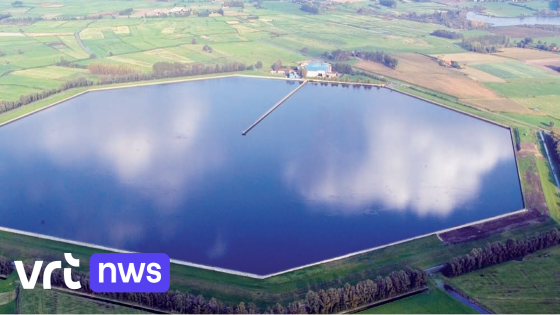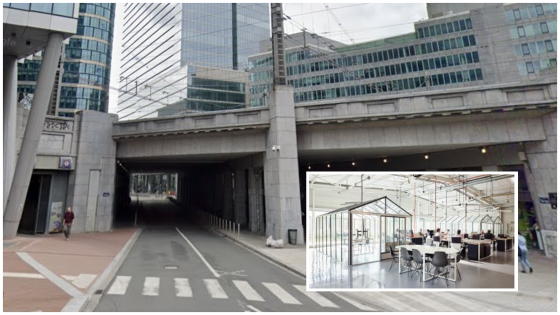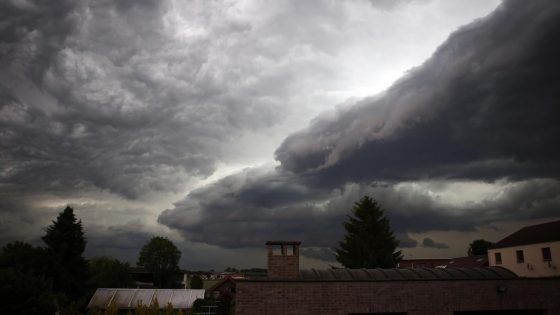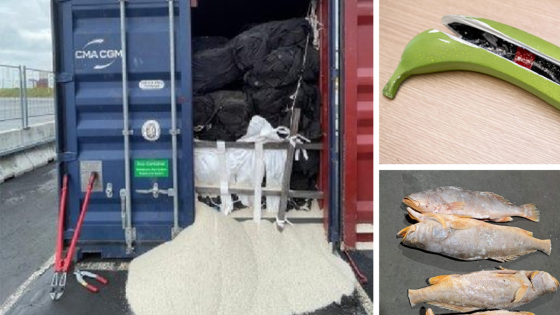De Watergroep has proposed banning the pesticide difenoconazole in areas where West Flanders’ drinking water is sourced, aiming to reduce pesticide residues in local water supplies. This proposal has gained attention as concerns grow over the safety of drinking water in the region.
- De Watergroep stelt verbod difenoconazole voor
- Pesticideresten in drinkwater verminderen noodzakelijk
- Minister Brouns overweegt gericht gebruiksverbod
- Mieke Schauvliege dringt aan op versnelling
- Alternatieven voor pesticidegebruik moeten beschikbaar zijn
On 2025-06-25 11:00:00, Minister Brouns acknowledged the issue and stated he is “certainly considering a targeted ban” on difenoconazole. However, Green party MP Mieke Schauvliege urges faster action, emphasizing that the minister “cannot and must not ignore these recommendations.”
What impact could this pesticide ban have on water quality and local agriculture? The debate raises important questions about balancing environmental safety with farming needs.
Why is difenoconazole under scrutiny, and what are the challenges ahead? The pesticide’s presence in water sources prompts urgent review, but implementing a ban involves considering alternatives and farmers’ livelihoods. Key points include:
- Potential reduction of harmful pesticide residues in drinking water.
- Minister Brouns’ openness to a targeted ban, signaling official concern.
- Political calls for faster enforcement from environmental advocates.
- The need to find effective, safe alternatives before a full ban.
As discussions continue, will policymakers prioritize rapid action or cautious transition? Belgian authorities and stakeholders must work together to ensure safe drinking water without unduly disrupting local farming practices. Monitoring this evolving situation will be crucial for West Flanders’ communities.































